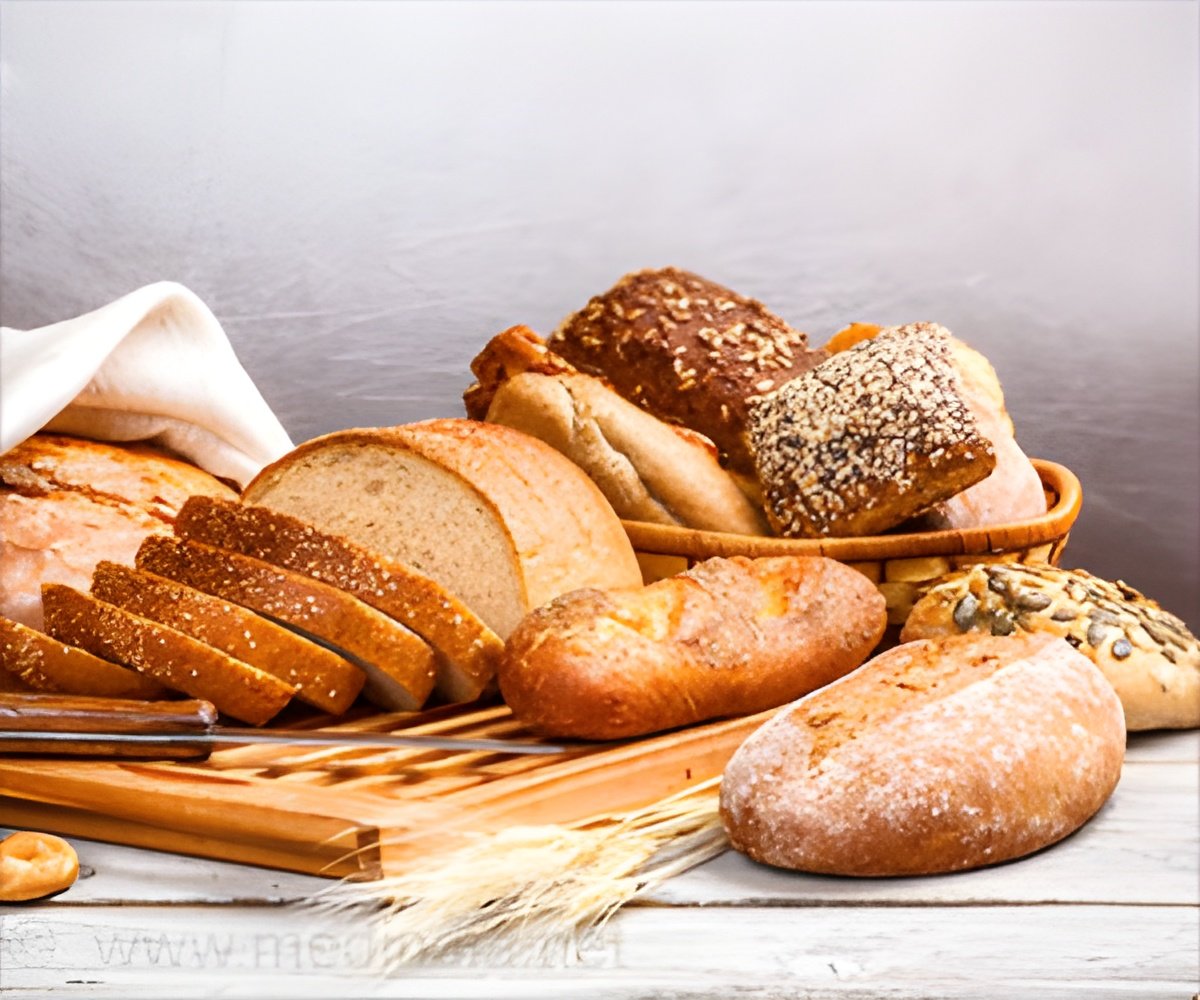
‘Consuming bread and other baked foods containing propionate, a common food preservative, can put you at a higher risk of developing diabetes and obesity.’
Read More..Tweet it Now
The study, which combined data from a randomized placebo-controlled trial in humans and mouse studies, indicated that propionate can trigger a cascade of metabolic events that leads to insulin resistance and hyperinsulinemia--a condition marked by excessive levels of insulin. The findings also showed that in mice, chronic exposure to propionate resulted in weight gain and insulin resistance.Read More..
"Understanding how ingredients in food affect the body's metabolism at the molecular and cellular level could help us develop simple but effective measures to tackle the dual epidemics of obesity and diabetes," said Gökhan S. Hotam??l?gil, James Stevens Simmons Professor of Genetics and Metabolism and Director of the Sabri Ülker Center for Metabolic Research at Harvard Chan School.
More than 400 million people worldwide suffer from diabetes, and the rate of diabetes incidence is projected to increase by 40 percent by 2040 despite extensive efforts to curb the disease. The surging rates of diabetes, as well as obesity, in the last 50 years indicate that environmental and dietary factors must be influencing the growth of this epidemic. Researchers have suggested that dietary components including ingredients used for preparation or preservation of food may be a contributing factor, but there is little research evaluating these molecules.
For this study, the researchers focused on propionate, a naturally occurring short-chain fatty acid that helps prevents mold from forming on foods. They first administered this short chain fatty acid to mice and found that it rapidly activated the sympathetic nervous system, which led to a surge in hormones, including glucagon, norepinephrine, and a newly discovered gluconeogenic hormone called fatty acid-binding protein 4 (FABP4). This, in turn, led the mice to produce more glucose from their liver cells, leading to hyperglycemia--a defining trait of diabetes. Moreover, the researchers found that chronic treatment of mice with a dose of propionate that was equivalent to the amount typically consumed by humans led to significant weight gain in the mice, as well as insulin resistance.
To determine how the findings in mice may translate to humans, the researchers established a double-blinded placebo-controlled study that included 14 healthy participants. The participants were randomized into two groups: One group received a meal that contained one gram of propionate as an additive, and the other group was given a meal that contained a placebo. Blood samples were collected before the meal, within 15 minutes of eating the meal, and every 30 minutes thereafter for four hours.
Advertisement
"The dramatic increase in the incidence of obesity and diabetes over the past 50 years suggests the involvement of contributing environmental and dietary factors. One such factor that warrants attention is the ingredients in common foods. We are exposed to hundreds of these chemicals on a daily basis, and most have not been tested in detail for their potential long-term metabolic effects," said Amir Tirosh, associate professor of medicine at Tel-Aviv University's Sackler School of Medicine, director of the Division of Endocrinology at Sheba Medical Center in Israel, and research fellow at Harvard Chan School.
Advertisement















